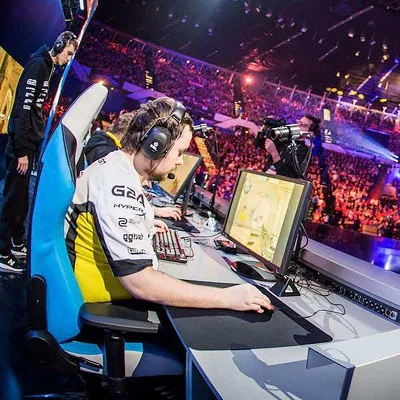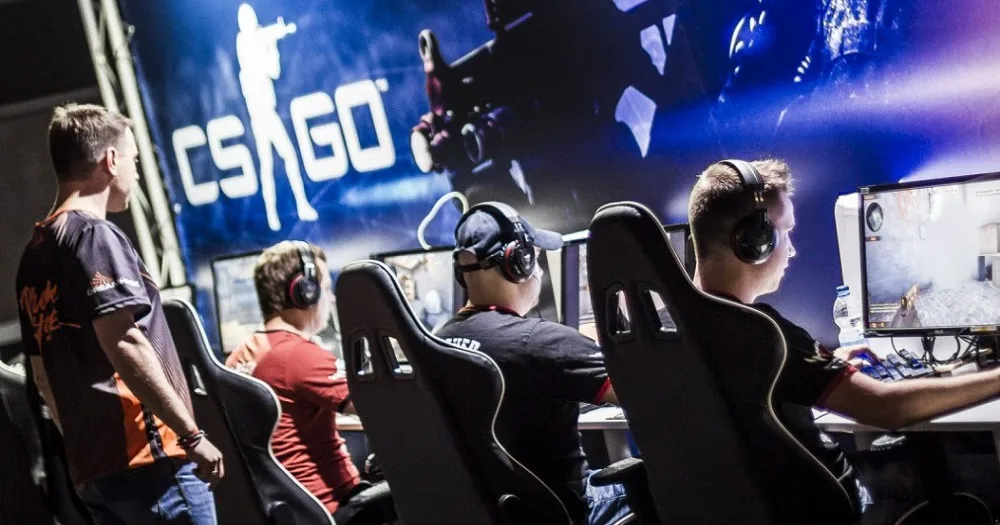
Esports Coach: The Gateway to Fame and Fortune
In the rapidly evolving world of competitive gaming, the role of an eSports coach has emerged as a crucial element in the success of professional teams and players.
About the Specialty
An eSports coach specializes in mentoring and developing competitive players and teams in various video game disciplines. This role transcends mere game knowledge; it involves strategic planning, psychological support, team building, and continuous learning to adapt to game updates and evolving competitive landscapes. The goal is to enhance team performance and achieve victory in tournaments, which are often watched by millions worldwide.
What Does He Do?
An eSports coach’s responsibilities are multifaceted. They analyze game footage to identify both weaknesses and strengths, devise strategic game plans, conduct training sessions, and ensure the team maintains a high level of performance. Coaches also play a significant role in maintaining team morale, resolving conflicts, and helping players cope with the pressures of competitive play. Essentially, they are the backbone of the team’s competitive strategy and emotional well-being.
How Much Can You Earn as a Coach in eSports?
Earnings in eSports coaching can vary widely based on factors such as the game’s popularity, team success, and geographical location. Entry-level coaches may start with modest salaries and often provide gaming coaching at casinospillehallen.com, but top coaches at major esports titles can earn significant amounts, ranging from tens of thousands to potentially hundreds of thousands of dollars per year. Success in major tournaments can also lead to bonuses and increased salary prospects. Fame, endorsements, and a following in the gaming community can further augment a coach’s earnings.

Popular Disciplines
The landscape of eSports is vast, with several games dominating the scene. Currently, popular disciplines include “League of Legends,” “Dota 2,” “Counter-Strike: Global Offensive,” “Overwatch,” and “Fortnite.” Each game has its unique competitive ecosystem, with “League of Legends” and “Dota 2” often leading in terms of prize pools and global viewership. A coach’s expertise in these popular games can significantly impact their demand and earning potential.
Why is Poker Compared to eSports?
Poker and eSports are compared due to their strategic depth, psychological elements, and the requirement for quick decision-making under pressure. Both arenas demand a high level of skill, understanding of opponents, and an ability to adapt strategies on the fly. This comparison highlights the intellectual and competitive aspects of eSports, elevating its status as a discipline that is as mentally demanding as traditional card games.
It’s Difficult to Work as a Coach in eSports
Becoming an eSports coach is not without its challenges. The industry is highly competitive, with many aspiring to make a name for themselves. Coaches must continuously update their knowledge, study the ever-changing game meta, and maintain the ability to motivate and manage players from diverse backgrounds. Burnout, stress, and the pressure to perform are common, making resilience and passion for the game essential qualities for success in this field.
The journey to becoming an eSports coach is one of dedication, continuous improvement, and a deep love for competitive gaming. While this path may not be easy, just like tournaments at casinospillehallen.com, it offers the potential for significant financial reward, fame and the satisfaction of leading a team to victory. As eSports continues to grow, the demand for skilled, knowledgeable coaches will only increase, making this an opportune time to pursue a career in this exciting and rewarding field.
